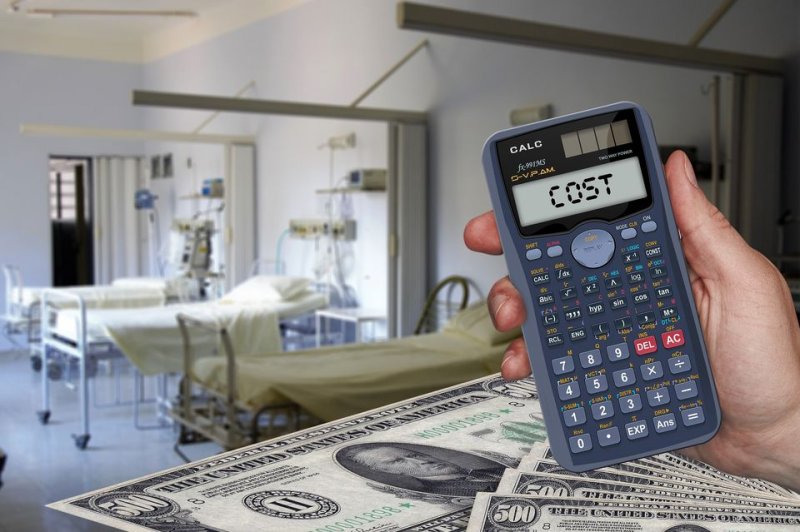
The impact of cyberattacks on American healthcare facilities frequently result in higher patient mortality while also leading to millions of dollars in lost productivity, according to a new study published Thursday. File Photo by geralt/Pixabay
Sept. 8 (UPI) -- The impact of cyberattacks on American healthcare facilities frequently result in higher patient mortality while also leading to millions of dollars in lost productivity, according to a new study published Thursday.
The report by Washington, D.C., think tank Poneman Institute found 24% of those interviewed said ransomware increased the mortality rate, while 21% said the same thing about a business email compromise attack.
Over 600 IT professionals across more than 100 U.S. healthcare facilities were interviewed for the study.
Two-thirds of those polled said a BEC attack disrupted patient care to some degree, while 59% said they increased the length of patients' stays at the facility.
The four most common types of attacks were a cloud compromise, ransomware, supply chain, and BEC or phishing, according to the report. More than 70% of organizations admitted they are vulnerable to the first three types, while 64% said they are vulnerable to a BEC incident.
The attacks occur with regularity.
Nine out of 10 organizations admitted to experiencing at least one cyberattack during the past 12 months. The average number of attacks was 43 among facilities in that group.
The financial impact of the attacks is also significant.
The average cost in lost productivity from a cyberattack worked out to $1.1 million.
Overall, the financial cost of the single-most expensive attack an organization suffered over the last 12 months equated to $4.4 million.
A lack of preparedness exists, despite the frequency of attacks. Only 51% of respondents say their organizations include prevention and response to an attack on these devices as part of their cybersecurity strategy.
"The attacks we analyzed put a significant strain on healthcare organizations' resources. Their result is not only tremendous cost but also a direct impact on patient care, endangering people's safety and wellbeing," Ponemon Institute chair Larry Poneman said in a statement.
"Most of the IT and security professionals regard their organizations as vulnerable to these attacks, and two-thirds believe that technologies such as cloud, mobile, big data, and the Internet of Things -- which are all seeing increased adoption -- further increase the risks to patient data and safety."
No comments:
Post a Comment